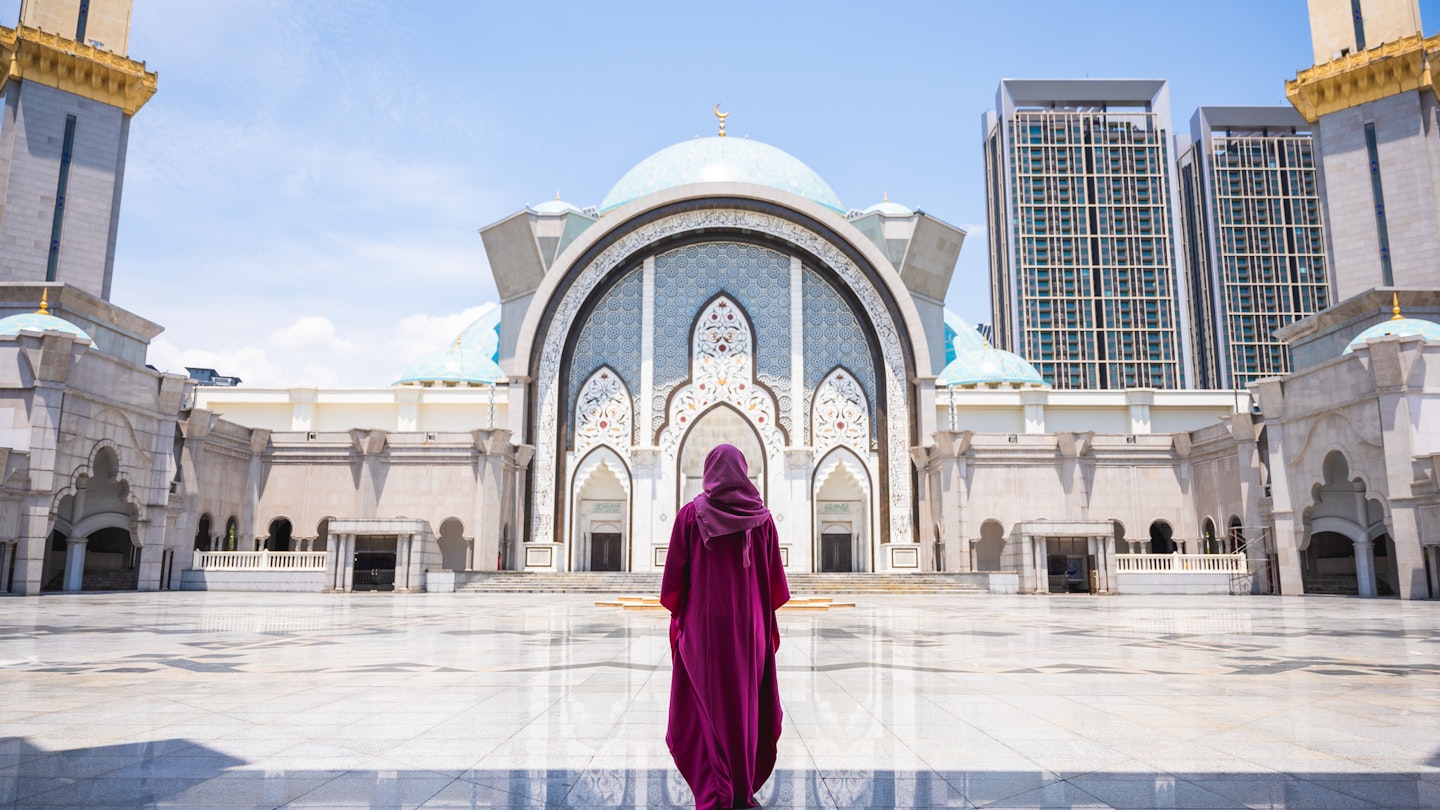Traveling During Ramadan: A Comprehensive Guide
Ramadan Kareem to fellow travelers!
Experiencing Ramadan in Muslim-majority countries can be a profound opportunity for cultural exchange, provided you understand what to expect. This guide offers insight into traveling during this holy month, focusing on the customs and practices prevalent during Ramadan.
Understanding Ramadan: A Spiritual Journey
Ramadan is a significant month in the Islamic calendar, where Muslims engage in increased spirituality through prayer, charity, and reading the Quran. Observers fast from sunrise to sunset, abstaining from food, drink, smoking, and other distractions. This period of fasting is one of the Five Pillars of Islam, making it a vital practice for adult Muslims, with a few exceptions for health or personal reasons.

Determining Your Travel Dates
Since Ramadan follows the Islamic lunar calendar, the start date shifts annually, moving approximately 11 days earlier each year. To find out if your travel coincides with Ramadan, simply search online for “Ramadan” along with the year of your trip.
Dining Considerations in Muslim Countries During Ramadan
Generally, locals will not expect travelers to fast; however, some countries enforce laws against eating in public during Ramadan. For instance, in cities like Dubai, you may find restaurants open during the day, while more conservative regions may require you to be discreet about meals. Hence, it is advisable to familiarize yourself with the local laws concerning public eating.
Business Hours During Ramadan
Although many businesses adjust their hours during Ramadan, not all establishments will close during the day. Restaurants might open only for takeaway, and tourist sites may have different schedules. Markets and shops typically close during iftar and resume operations later in the evening. It’s wise to confirm timing with your accommodation for the most accurate information.

Practicing Cultural Sensitivity
When traveling in these regions during Ramadan, it is respectful to abstain from eating, drinking, and smoking in direct view of those observing the fast. If necessary, you can politely ask if consuming food or beverage is acceptable in their presence. Modest dress is vital—consider wearing clothing that covers shoulders and knees, and avoid public displays of affection.
Communicating with locals using greetings such as “Ramadan Mubarak” (have a blessed Ramadan) or “Ramadan Kareem” (the month is generous) can foster goodwill. If you’re outside an Arabic-speaking region, learning the local Ramadan greeting can be a delightful gesture.
Experiencing Ramadan as a Local
If you’re intrigued by the customs, consider participating in a local iftar. Many communities organize communal gatherings, welcoming anyone to join. In Egypt, long tables are often set up in the streets for public meals. Similarly, in Sudan, locals frequently invite passersby to join their iftar celebrations.
Residents are generally warm and welcoming during Ramadan, as it embodies a month of generosity and community support. Embrace the local spirit, and you’ll likely have a memorable experience filled with cultural richness.




